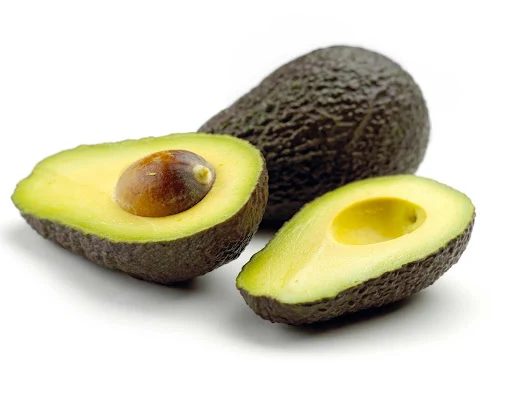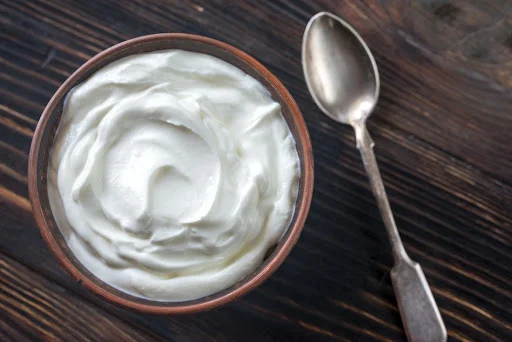"Nourishing Your Body: The Best Dietary Foods for Optimal Health
Introduction:
In a world filled with fad diets and conflicting nutrition advice, it can be challenging to discern the best dietary choices for maintaining good health. However, one thing is certain: a well-balanced and nutrient-rich diet is the cornerstone of a healthy lifestyle. In this blog post, we'll explore some of the best dietary foods that can help you stay healthy.
Leafy Greens:
Leafy greens, such as kale, spinach, and Swiss chard, are nutritional powerhouses. Packed with vitamins, minerals, and antioxidants, these greens support overall health. They are rich in fiber, which aids digestion, and contain vitamins like A, C, and K.
Colorful Berries:
Berries, with their bold colors and sweet flavors, are not only delicious but also incredibly nutritious. Blueberries, in particular, are known for their high levels of antioxidants, which contribute to brain health. Berries are also rich in vitamins, fiber, and immune-boosting properties.
Lean Proteins:
Incorporating lean proteins like chicken, turkey, fish, and plant-based sources like beans and quinoa into your diet is essential for muscle health and overall well-being. These foods provide the necessary amino acids for building and repairing tissues.
Whole Grains:
Opt for whole grains like brown rice, quinoa, oats, and whole wheat over refined grains. These grains are a great source of fiber, vitamins, and minerals. They help regulate blood sugar levels, support digestion, and provide sustained energy throughout the day.
Healthy Fats:
Include sources of healthy fats in your diet, such as avocados, nuts, seeds, and olive oil. These fats are beneficial for heart health, brain function, and skin health. They also contribute to a feeling of satiety, helping to control cravings.
Greek yogurt is a protein-rich dairy option that also contains probiotics, promoting a healthy gut microbiome. It's an excellent source of calcium, which is essential for bone health, and can be a satisfying snack or breakfast option when paired with fruits and nuts.
Conclusion:
Maintaining a healthy diet is a key component of overall well-being. By incorporating a variety of colorful and nutrient-dense foods into your meals, you provide your body with the essential vitamins, minerals, and antioxidants it needs to function optimally. Remember, it's not about restrictive diets but about making sustainable and nourishing choices that contribute to a healthier and happier life. So, fill your plate with a rainbow of foods and savor the journey to good health!






Comments